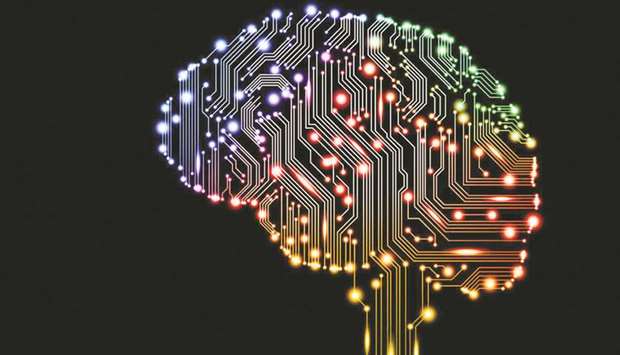Should a driverless car swerve to miss a child, knowing it will kill its
passenger? Or should it maintain its path and end a younger life?
It’s deeply troubling ethical dilemmas like these that Sandra Peter
believes will hinder the mass uptake of driverless cars, possibly beyond
our lifetimes.
Peter, the director of Sydney Business Insights, posed the quandary on
an episode of ABC’s Q&A devoted to the future, where discussions
focused on the ethical complexities and seismic structural shifts
brought by technology, artificial intelligence, big data and automation.
“Smart people are trying to figure out how this works,” Peter said.
“We have a project out of MIT that is looking at who should die,
basically, in the case of driverless cars,” she said. “A little child
runs in front of the car, should the car kill me and drive me into a
pole or save the child? Luckily the child pretty much all the time makes
it.”
“The old lady, on the other hand, doesn’t always make it. If it’s two
cats and the child, it’s a higher likelihood than the two dogs, and so
on.”
A similar theme arose in a discussion of artificial intelligence and its
ability to surpass human comprehension and control, a theme given new
life by reported findings in Google’s powerful AI project known as
DeepMind.
In February it was reported that DeepMind became more aggressive as a competitive game intensified.
But the biggest risk in the rapid advances of artificial intelligence,
Peter said, was not that “they’re coming to get us”. Rather, it was that
humans’ inherent biases would be reflected in the AI we designed.
Robots, in this view, would make biased decisions about who goes to
jail, who gets a loan or who gets parole. “Those sorts of biases, these
algorithms, it’s not of our own making, we don’t train them to be
biased, but they’re modelled on the real world,” Peter said.
The conversation also focused on the disruptive nature of technology on
existing industry and what skills young Australians need to survive in
an increasingly automated world.
The author, ethics advocate and drone expert Catherine Ball said
creativity and life experience would be essential in a world where
mundane jobs were taken by robots. Such creativity should be balanced by
Stem, coding and problem-solving skills.
“The World Economic Forum predicted we will need complex problem-solving
skills,” Ball said. “Robots are good at doing the mundane but not good
at thinking outside the square or being creative.
“Keep your experiences and your life experiences broad. Travel, travel,
travel. Meet as many different kinds of people as you possibly can.”
The Assistant Innovation and Science Minister, Craig Laundy, predicted
Australia’s education sector would be radically reshaped as workers
moved through jobs with increasing frequency. The notion of reskilling
and lifelong learning would grow, he said.
Laundy maintained that jobs in traditional sectors such as mining and
agriculture would remain but that roles in aged and disability care
would become more important.
He predicted complementary technology would bring prosperity and jobs, contrary to the “doom and gloom” around automation.
“Complementary technology like exoskeletons where humans will be in them
enabling – and this comes out of the defence space – enabling them to
perform tasks that are (superhuman), above and beyond our natural
abilities and the integration of the individual and the machine,” he
said. “It’s not just the machine doing everything.”
Ball spoke in similarly optimistic terms about drones, which she said
could greatly aid in humanitarian efforts and environmental protection.
She described a world in which drones deliver blood at crash scenes,
help save the Great Barrier Reef from crown-of-thorns starfish, protect
swimmers from sharks, aid police and firefighters, and deliver goods and
services. Many of those examples were already occurring, she said.
“There’s even a company in the Rockies that you could pop on your
virtual reality headset, fly a drone around the Rockies in real life and
land it back on its landing pad and you will have experienced a part of
the world you’ll never have experienced before,” Ball said.
The panellists were asked whether technology had made us more alone, despite its capacity to foster interconnectedness.
The shadow digital economy minister, Ed Husic, said technology should
not be blamed for the way individuals use it. “It’s people’s decisions
about how they use tech and the way in which they relate to each other,”
he said.
“That’s at the heart of this. I see the good, the upside of being able
to communicate with one person on the other side of the world.
“I came from a migrant family where you had to wait once a month to ring
the other side of the planet for 10 minutes and you budgeted that call
because it costs so much. That’s all you did. Now you get on Skype, you
can do that instantaneously.” – Guardian News and Media

